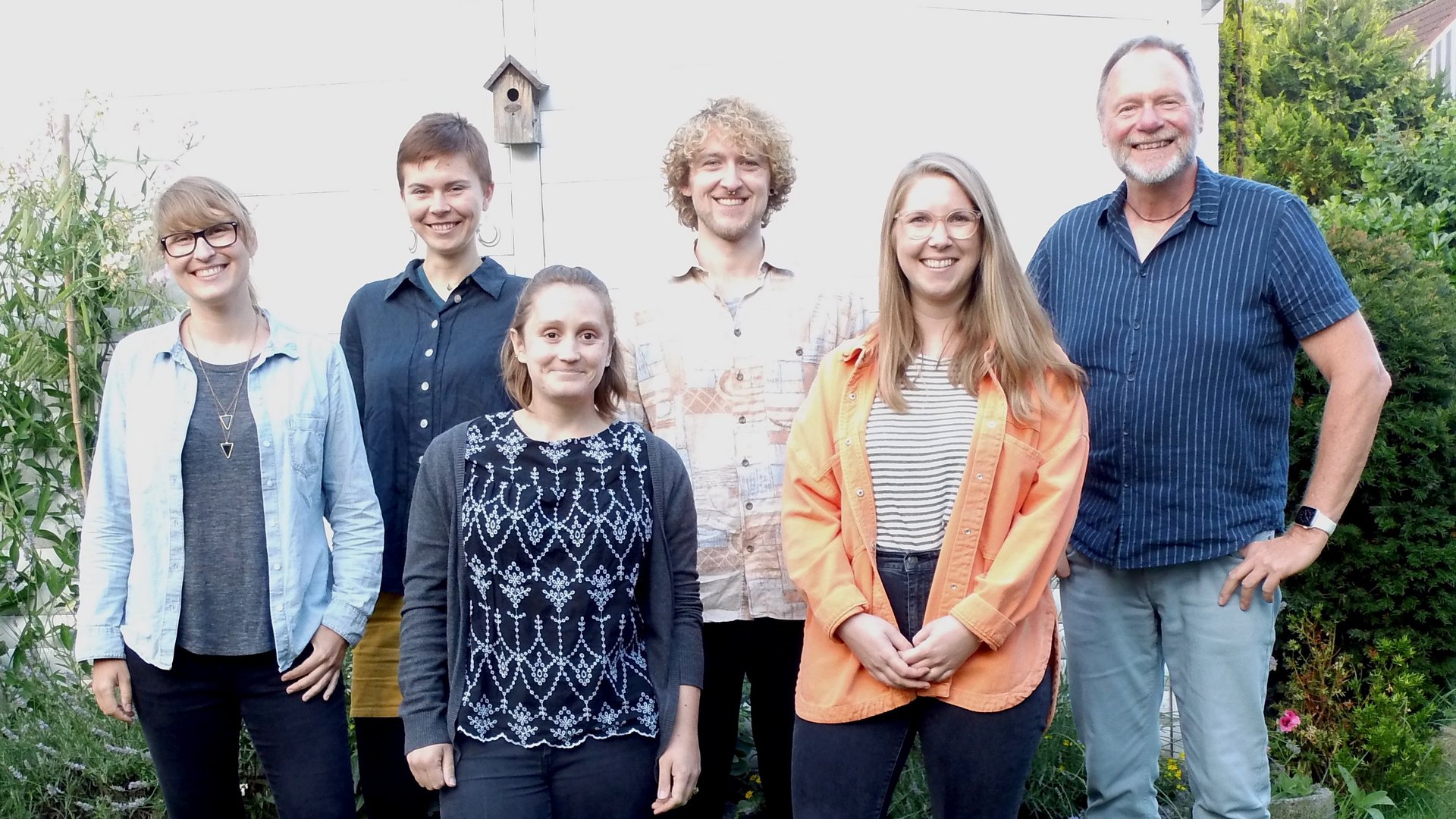Heat shock proteins are traditionally seen as protecting against environmental stress, e.g. non-physiological temperatures, acidic milieu and reactive oxygen species. In the Leishmania parasites, heat shock proteins have evolved according to the needs of their life cycle.
The chaperones HSP100 and Cyclophilin 40 are essential for the intracellular survival of the parasites inside their macrophage host cells, the former by affecting the immune modulation of the mammalian host.
HSP23 is required for the survival of temperatures > 34°C and for resistance against acidic milieu and metalloid compounds, the latter being a mainstay of anti-Leishmania therapy.
We investigated the impact of Casein Kinase 1-dependent phosphorylation of HSP23 and analyse phenotype alterations due to phosphorylation site mutations.
Moreover, we investigated the roles of the mitochondrial and ER-specific HSP90 family members in the context of life cycle control and stress tolerance.








